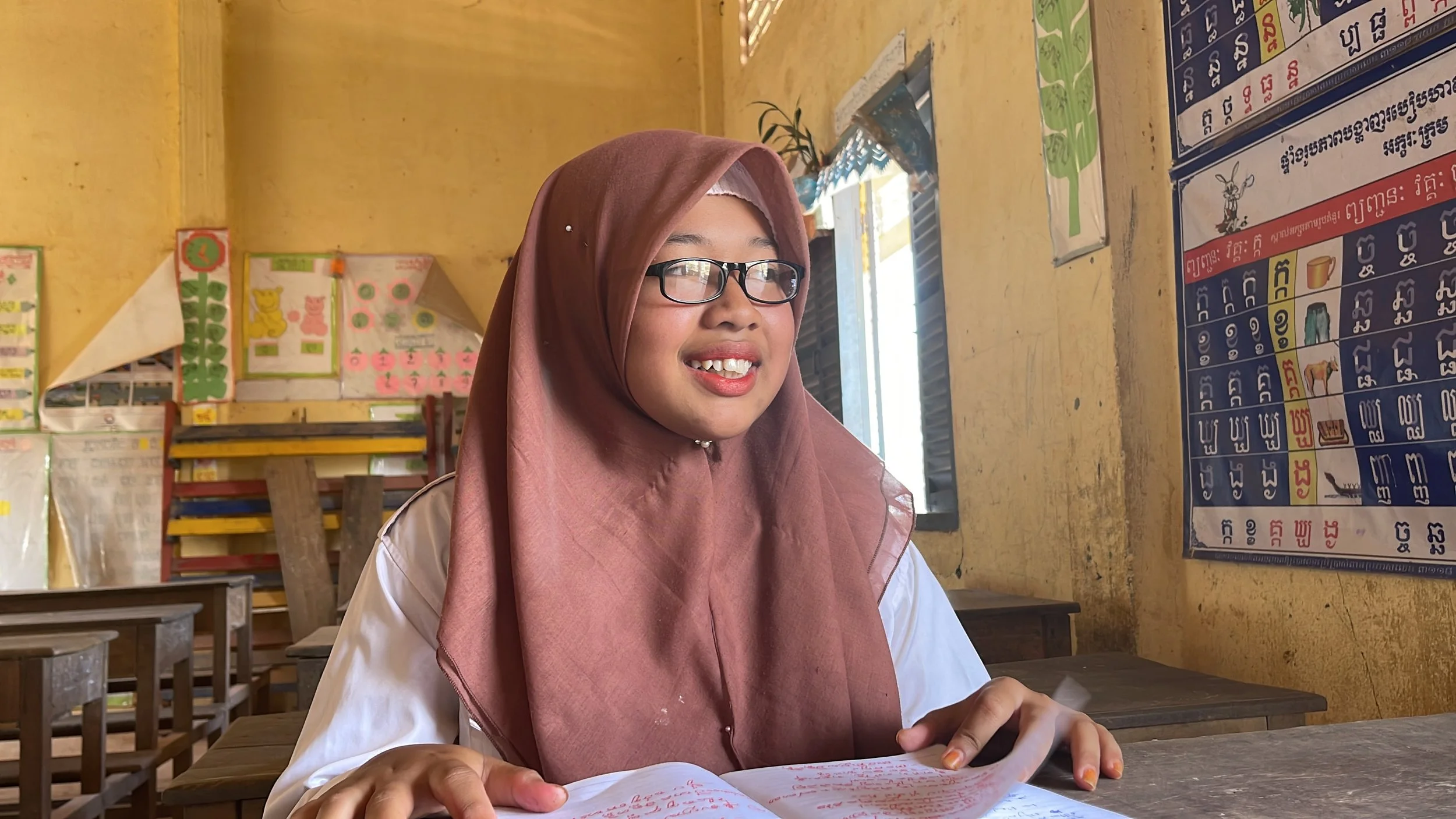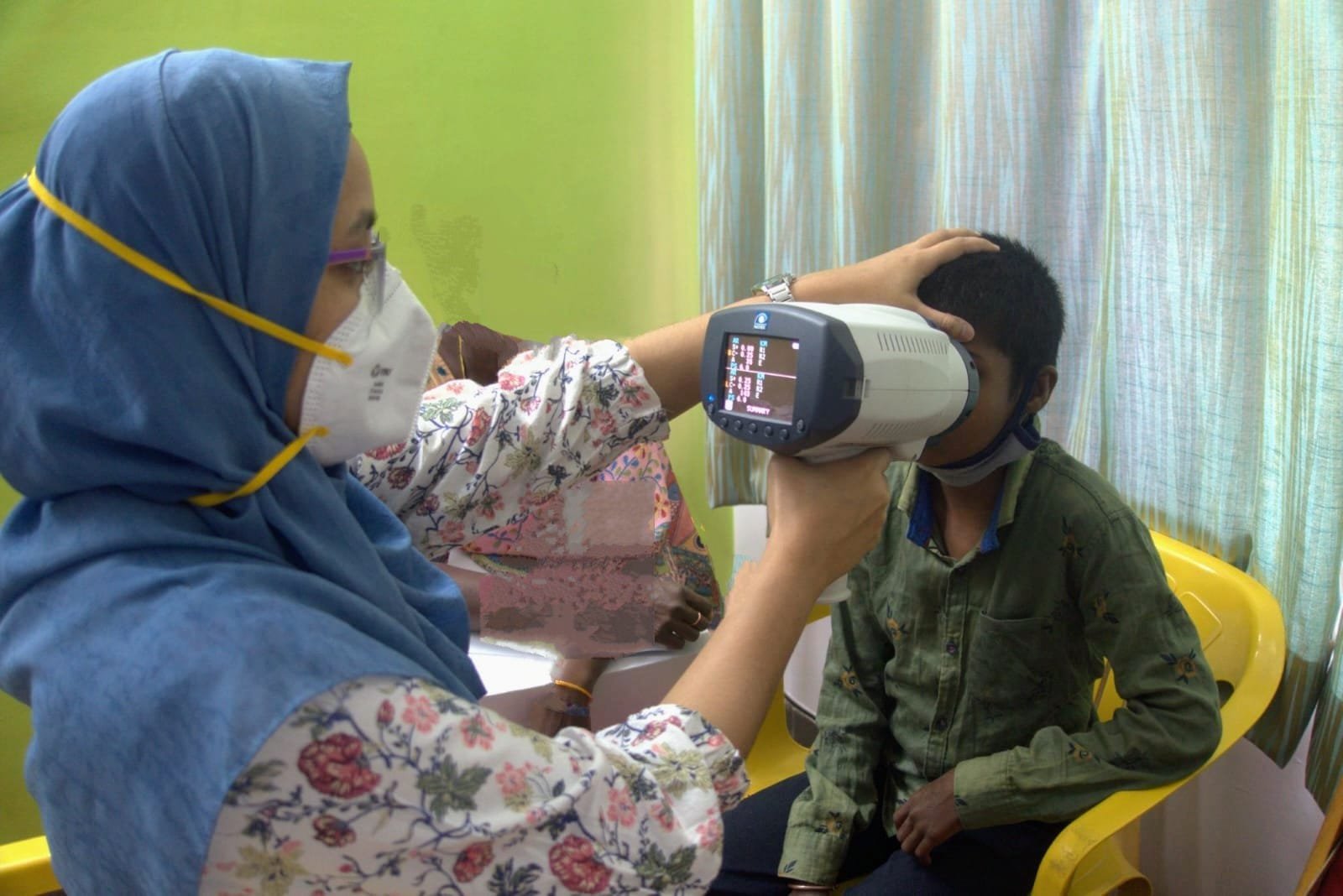ATscale and its partners hosted a dialogue in the UNOPS Pavilion at COP28 in Dubai about the largely uncharted nexus of assistive technology, climate action, and disability and inclusion. The climate crisis puts people facing vulnerability at risk, such as persons with disabilities, including women and girls, and older populations. The session brought together experts, decision makers and people with lived experience with the goal to enhance our understanding of how climate change adversely impacts people who use or need to use assistive technology.
BLOG - Wheelchairs are a catalyst for empowerment: integrate assistive technology into health budgets
At the age of four, Mussa Chiwaula contracted polio, leaving him with paralysis in lower limbs and right hand. Since 2014, he has been working for a regional disability organization, the Southern Africa Federation of the Disabled (SAFOD), which advocates a policy framework to ensure that disability, including assistive technology, becomes part of the regional development agenda.
Catalytic funding set to increase access to assistive technology for 275,000 Cambodians by 2025
The Government of Cambodia has launched a three-year programme that aims to reach 275,000 Cambodians with assistive technology such as prosthetics, wheelchairs and eyeglasses. Underpinned by a comprehensive national work plan, this significant step will enable people to live healthier, more productive, independent, and dignified lives and to participate in education, the labour market and their communities.
BLOG – In search of a prosthetic revolution: from charity to investment
On Sunday 5 November, the world marks International Prosthetics and Orthotics Day. Having access to appropriate prostheses and orthoses can change a person’s life, allowing them to participate in all aspects of society and their community, including education, work, family, access to health care, and much more.
Transforming systems to provide eyeglasses in Cambodia
New global study could help to bring eyecare services to the doorstep of millions of people in underserved communities
Globally, approximately 90% of all vision impairment can be prevented or treated. Uncorrected refractive problems account for more than 53% of all cases of vision impairment. Simple-to-use and affordable hand-held autorefractors have the potential to address challenges in addressing refractive errors, particularly for underserved populations that have little or no access to eye care. ATscale is supporting a large-scale study to determine the effectiveness and feasibility of using hand-held autorefractors in LMICs.
BLOG – Imagine what Assistive Technology can do for the SDGs
When they signed up to the UN’s Sustainable Development Goals (SDGs), world leaders promised to Leave No One Behind. At this year’s SDG Summit therefore, they should take a closer look at the 2.5 billion people who need assistive technology (AT). Without increasing access to AT, we simply will not achieve the SDGs.










